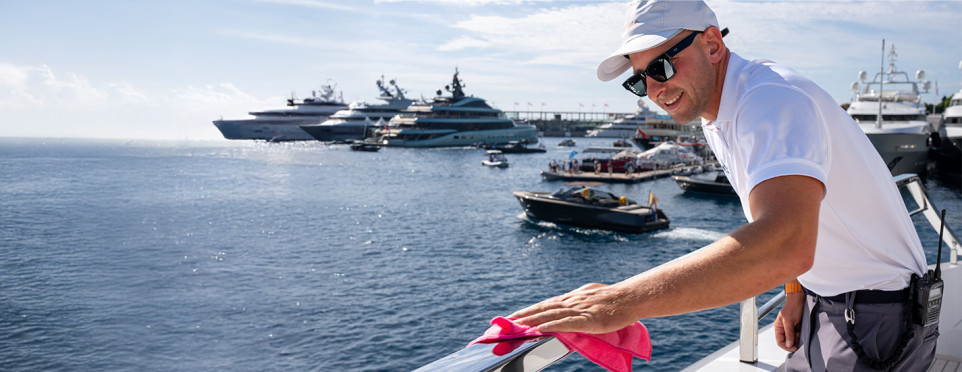
The landscape of yacht crew training is evolving at an unprecedented pace, with sweeping changes already underway. Leading the charge is the UK Maritime and Coastguard Agency (MCA), spearheading efforts to modernise seafarer training. These developments are set to transform the industry, ensuring maritime education keeps pace with technological advancements and contemporary vessel operations.

Next year, the International Maritime Organization (IMO) will convene in London, bringing together maritime nations to discuss updates to the STCW Convention (Standards of Training, Certification, and Watchkeeping for Seafarers). This cornerstone of international maritime law is undergoing its next major revision. However, the UK MCA isn’t waiting for formal discussions—they are already implementing changes that will shape the convention’s future direction.
The aim is clear: to propel maritime training into the 21st century. This initiative embraces cutting-edge technology while adapting to the evolving realities of modern seafaring. These changes are rolling out rapidly, with updates for unlimited certificates already underway and yacht crew training set to be impacted by the end of next year.

Significant changes are on the horizon, with some traditional practices giving way to modern approaches:
Outdated Practices Phased Out
Modern Innovations Introduced
Bluewater’s Director, John Wyborn, is at the forefront of these discussions, providing valuable insights into the evolving training landscape. Regular updates on these developments will be available through the Bluewater App, ensuring you stay informed and prepared for the changes ahead.
Download the Bluewater App now to stay up to date with the latest advancements in yacht crew training and beyond.
The winds of change are blowing strong—are you ready to set sail into the future?
